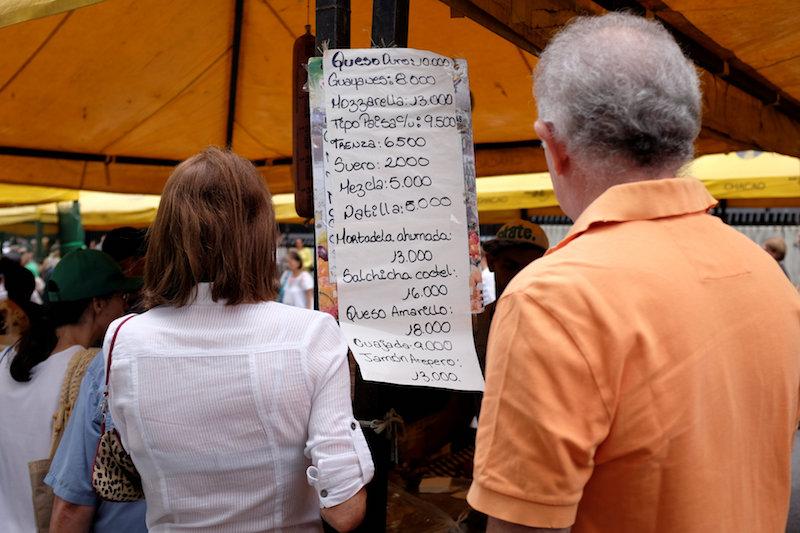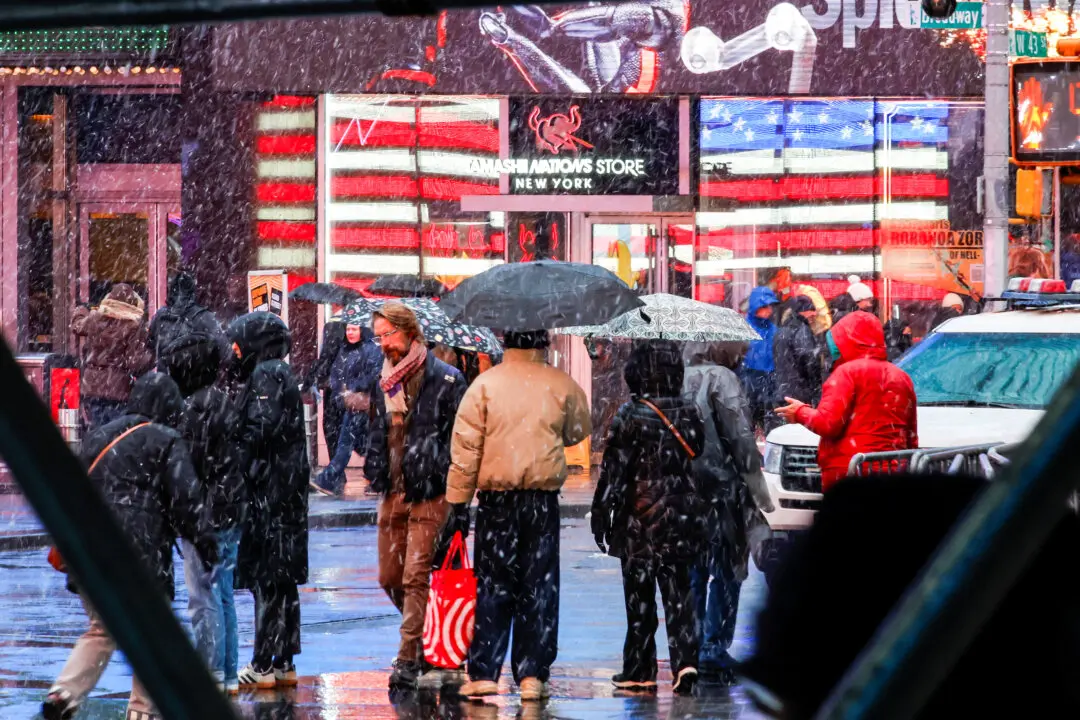PUNTO FIJO/SAN CRISTOBAL, Venezuela—After Venezuelan President Nicolas Maduro’s 60-fold increase to the minimum wage, storeowners on Aug. 18 wrestled with an anguishing decision: Close up shop or hit customers with steep price hikes at the risk of sinking the business.
In a set of sweeping announcements that shocked many Venezuelans, the socialist Maduro on Aug. 17 ordered a 96 percent currency devaluation, pegged the bolivar currency to the government’s petro cryptocurrency and boosted taxes as part of a plan aimed at pulling the OPEC member out of its economic tailspin.





